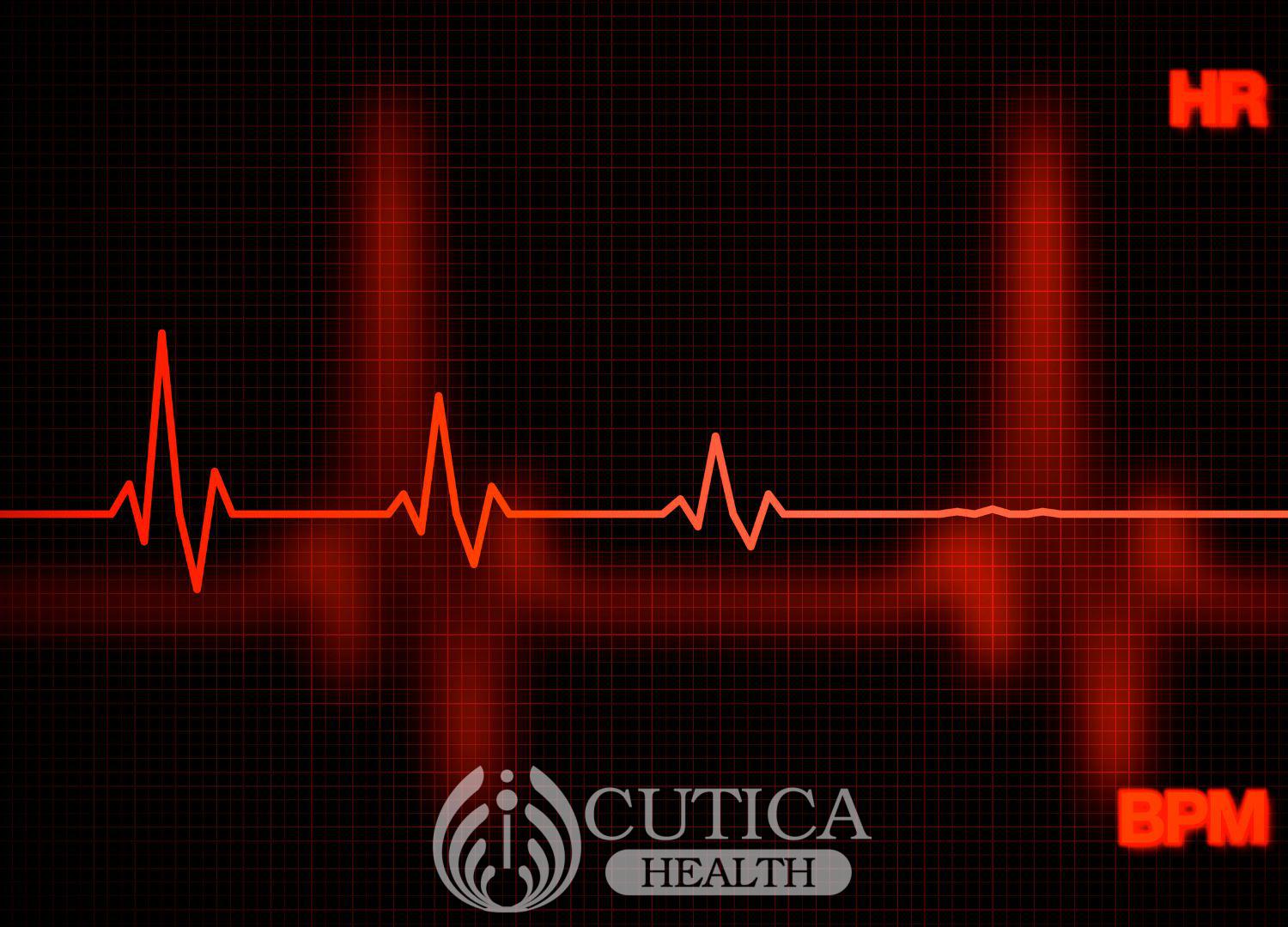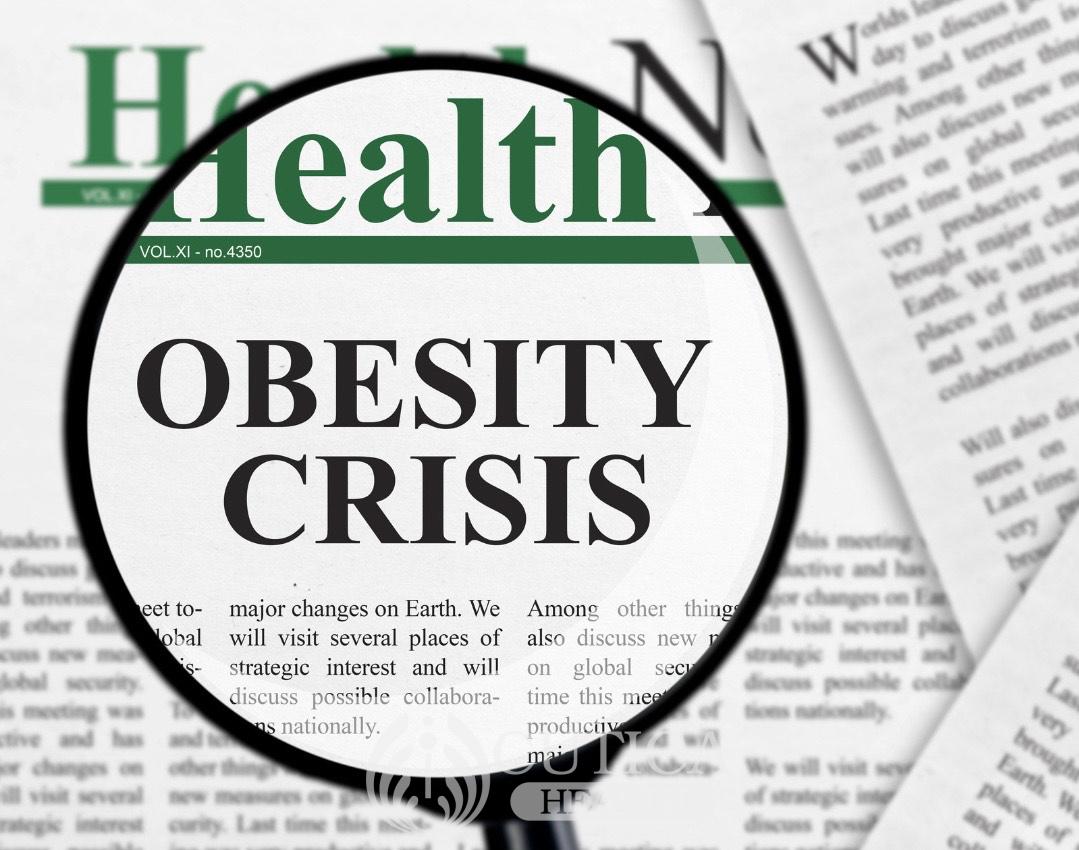
If asked what organ of your body is most important, you could be tempted to think that it's your brain because that keeps you intelligent. You may be surprised to know that brain dead can still stay alive despite having a dead brain!
Your body contains a gallon to one and a half of gallons of blood or about 4,500 to 5,700 mL. and it is the similar function of your heart to pump this volume of blood around your body continuously. With each contraction, your heart pumps about 70 millilitres of blood into circulation. However, the heart could become unable to perform this all-important function of blood pumping. This arises when your heart muscles become too weak to pump blood as effectively as it should. When this unfortunate situation happens, blood and fluids accumulate in the lungs resulting in shortness of breath-- giving us a very important symptom of heart failure: breathlessness.
Signs of heart failure
Because of the overriding effect of the heart on all the organs of the body, symptoms of heart failure appear first in other organs of the body. In the lungs, the major symptoms indicative of heart failure in include cough and chest pain. You may experience, especially at night, exercise-related shortness of breath, shortness of breath at night, rapid breathing, and uncomfortable breathing while lying down. You may discover that you need to use several pillows to stay comfortable while lying down.

In the digestive system, you may experience water retention and bloating. Your urinary system is also affected and you may experience frequent urination. Also, with your musculoskeletal system, you may experience swelling legs, swollen feet, and weight gain.
Apart from these individual system involvements, other general symptoms of heart failure include tiredness/fatigue, dizziness and difficulty/inability to exercise.
Other symptoms of heart failure include a feeling that your heart is racing, pounding, pounding skipping a beat and other related symptoms often called palpitations-- please note that palpitations occur in several diseases apart from heart disease.
What causes heart failure?
The most important cause of heart failure is coronary heart disease — a condition that arises from the build-up of fat in and narrowing of blood vessels in your heart. Another common cause of heart failure is uncontrolled high blood pressure. Do you remember the adage that you are what you eat? Well, this also applies to heart failure.

To reduce your risk of coronary artery disease, you need to choose fresh fruits and vegetables and reduce your salt intake. It's also prudent to choose low salt options of fresh foods and diets of fresh meat poultry over canned high sodium-containing options. With plenty of fresh fish, especially on oily fish, fresh legumes and yoghurt, you can hardly go wrong!
Is heart failure treatable?
Yes, heart failure is treatable, but its treatment involves several factors, including medications to power your heart muscles and tackle the underlying causes, and lifestyle changes, including smoke cessation, dietary changes, and increased physical activity.
Take-home message: Heart failure sounds scary and could be very limiting, but changing your lifestyle and diet are integral to keeping your heart strong all year round.












